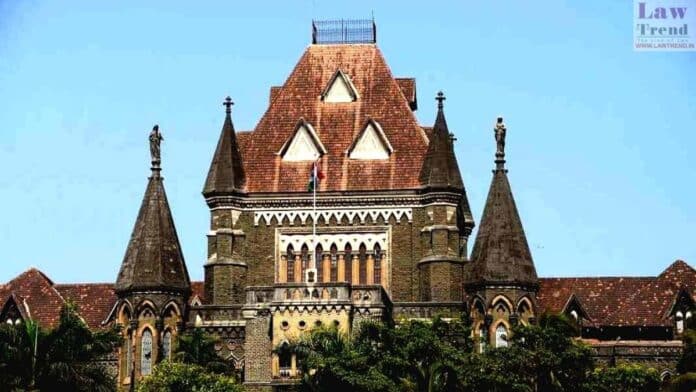On Monday, the Bombay High Court confirmed the legality of the Election Commission of India’s (ECI) decision to prohibit mobile phones at polling booths during the upcoming Maharashtra state assembly elections, scheduled for November 20. The court dismissed a public interest litigation (PIL) filed by city lawyer Ujala Yadav, who argued against the ECI’s ban on mobile devices within polling stations.
The division bench, led by Chief Justice D.K. Upadhyaya and Justice Amit Borkar, addressed the concerns brought up in the PIL, which requested that voters be allowed to carry phones to use the DigiLocker app for identity verification. DigiLocker, a digital platform introduced by the Ministry of Electronics & Information Technology, enables Indian citizens to access authentic documents/certificates in digital format from the original issuers of these certificates.
Chief Justice Upadhyaya and Justice Borkar highlighted that the ECI possesses comprehensive authority to implement necessary measures for the smooth conduct of elections. The court noted the complexities involved in the electoral process and pointed out the impracticalities and risks associated with allowing digital devices within polling booths. “The process of holding elections is cumbersome, and you (the petitioner) are suggesting to show documents via DigiLocker,” the bench remarked during the hearing.
The court firmly stated, “We do not find any illegality in the ECI’s decision,” dismissing the petition. It elaborated on the necessity of such measures to ensure free and fair elections, emphasizing that the sanctity of the voting process must be maintained and protected from potential abuses of technology, such as voter intimidation or breaches of privacy.
The petitioner had also argued that the mobile phone ban infringes upon fundamental rights, including the right to freedom of speech and expression. However, the court rebutted these claims, labeling the directive as both constitutional and reasonable, tailored to safeguard the electoral environment from manipulation and interference.




